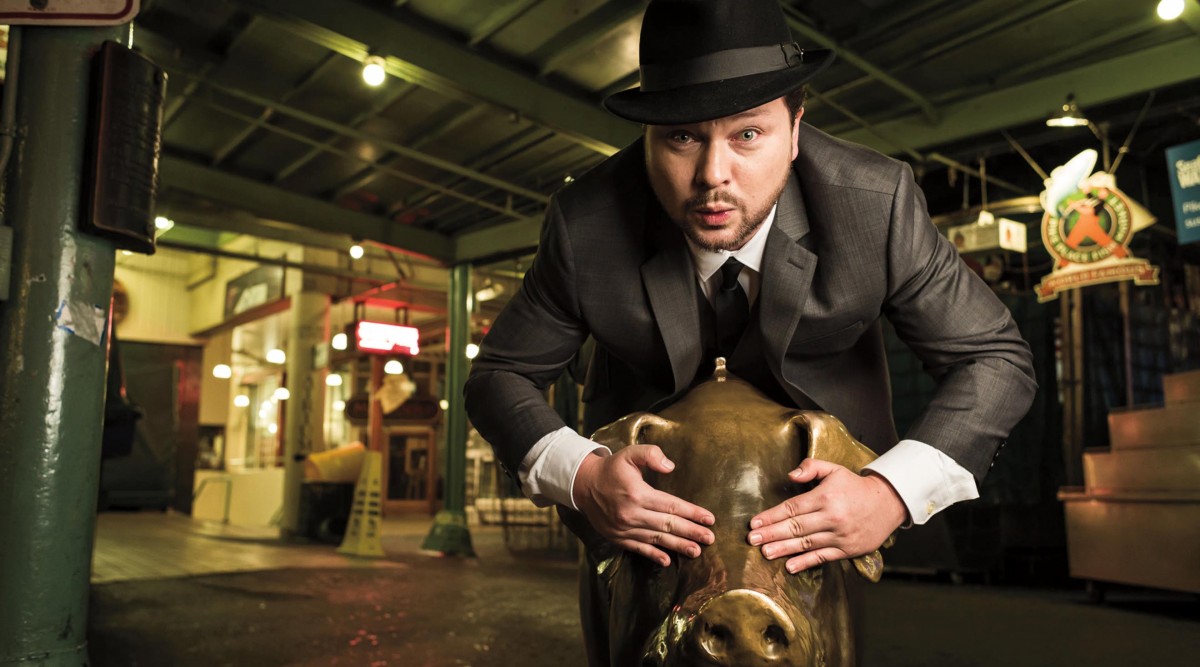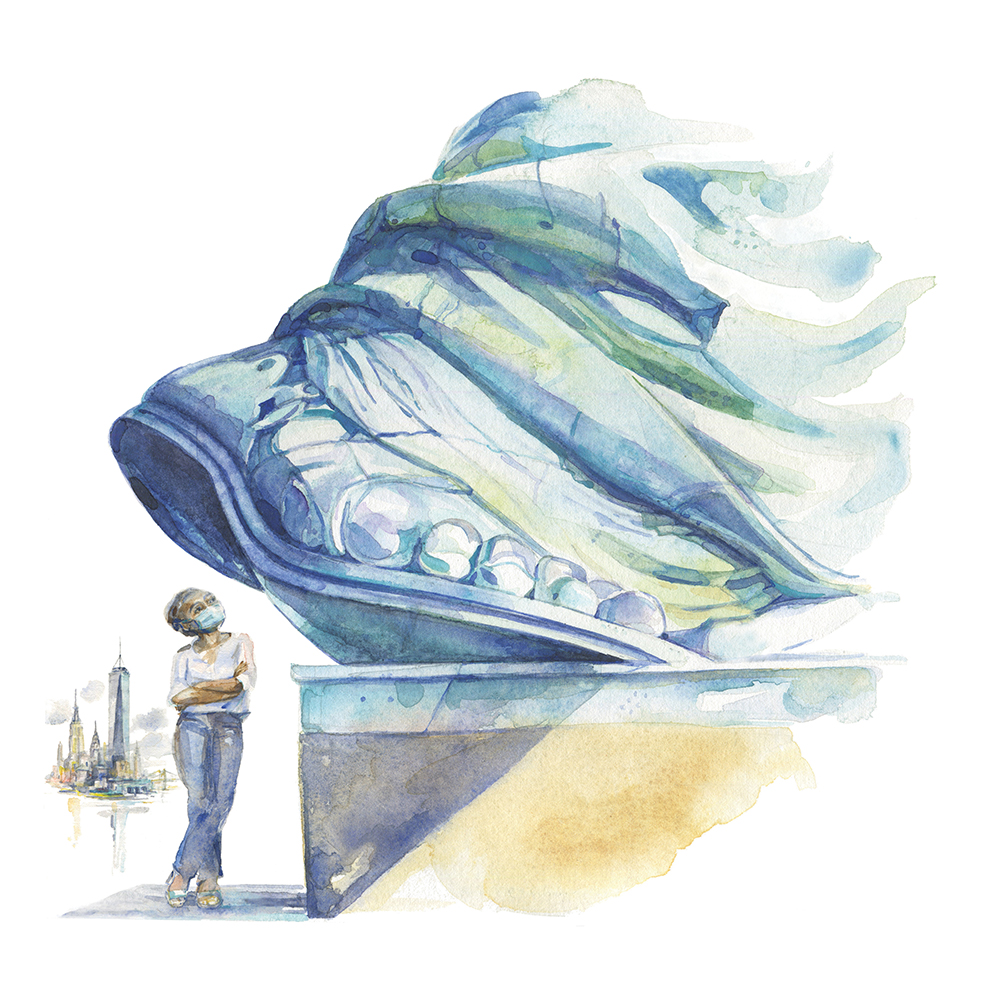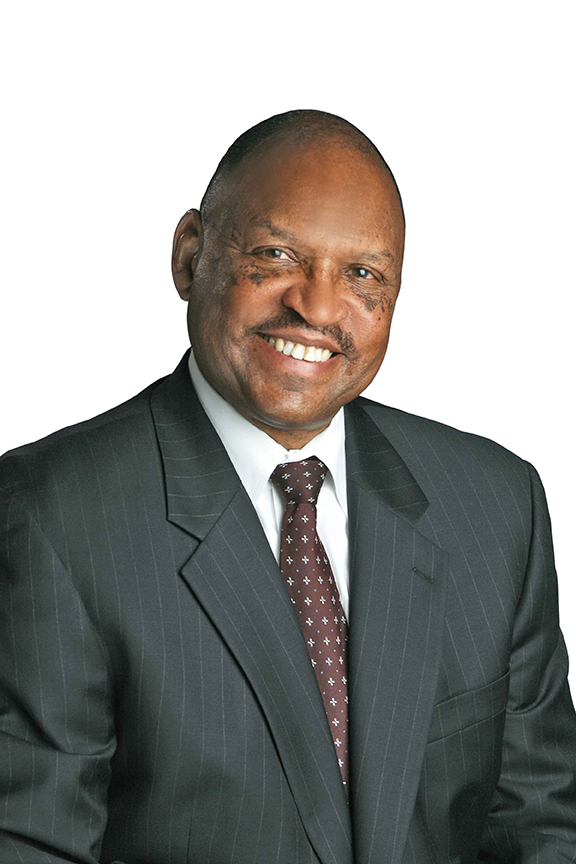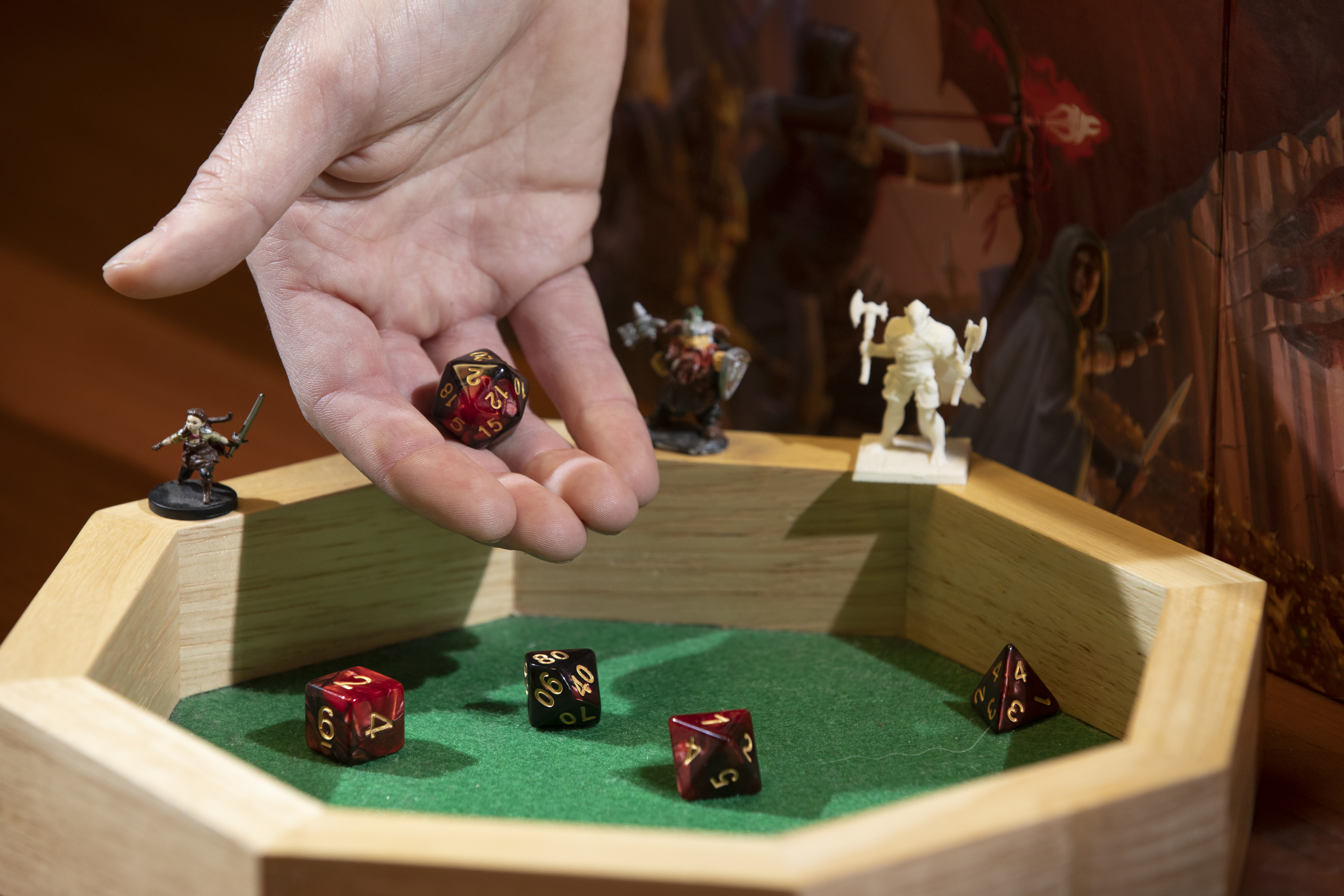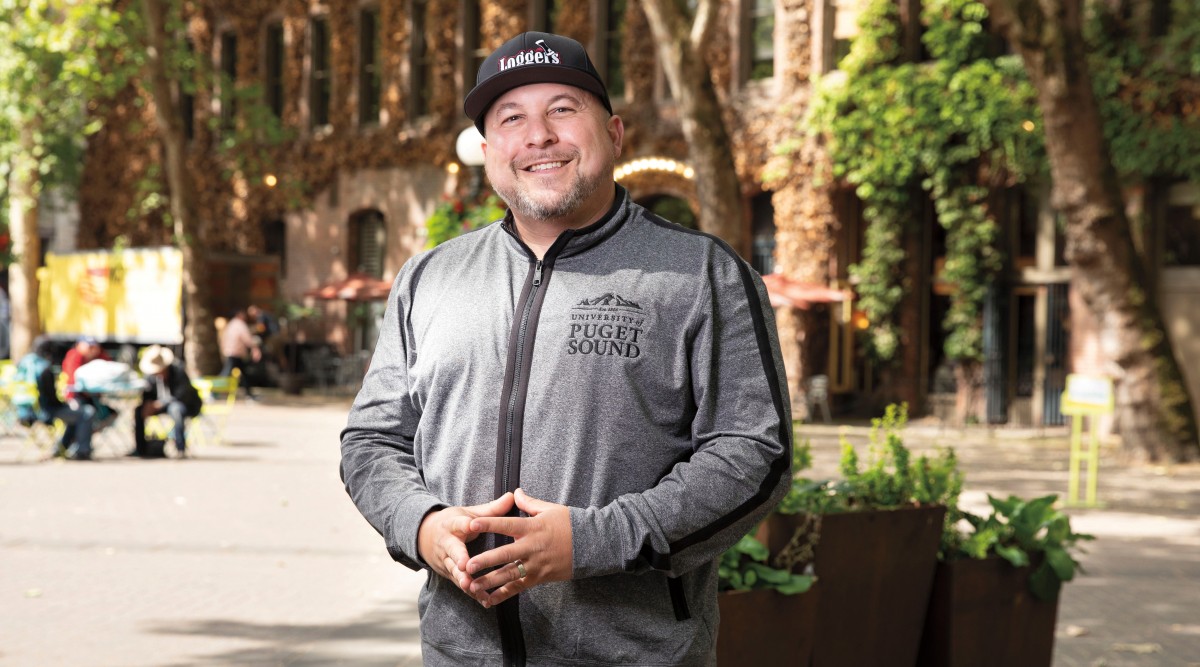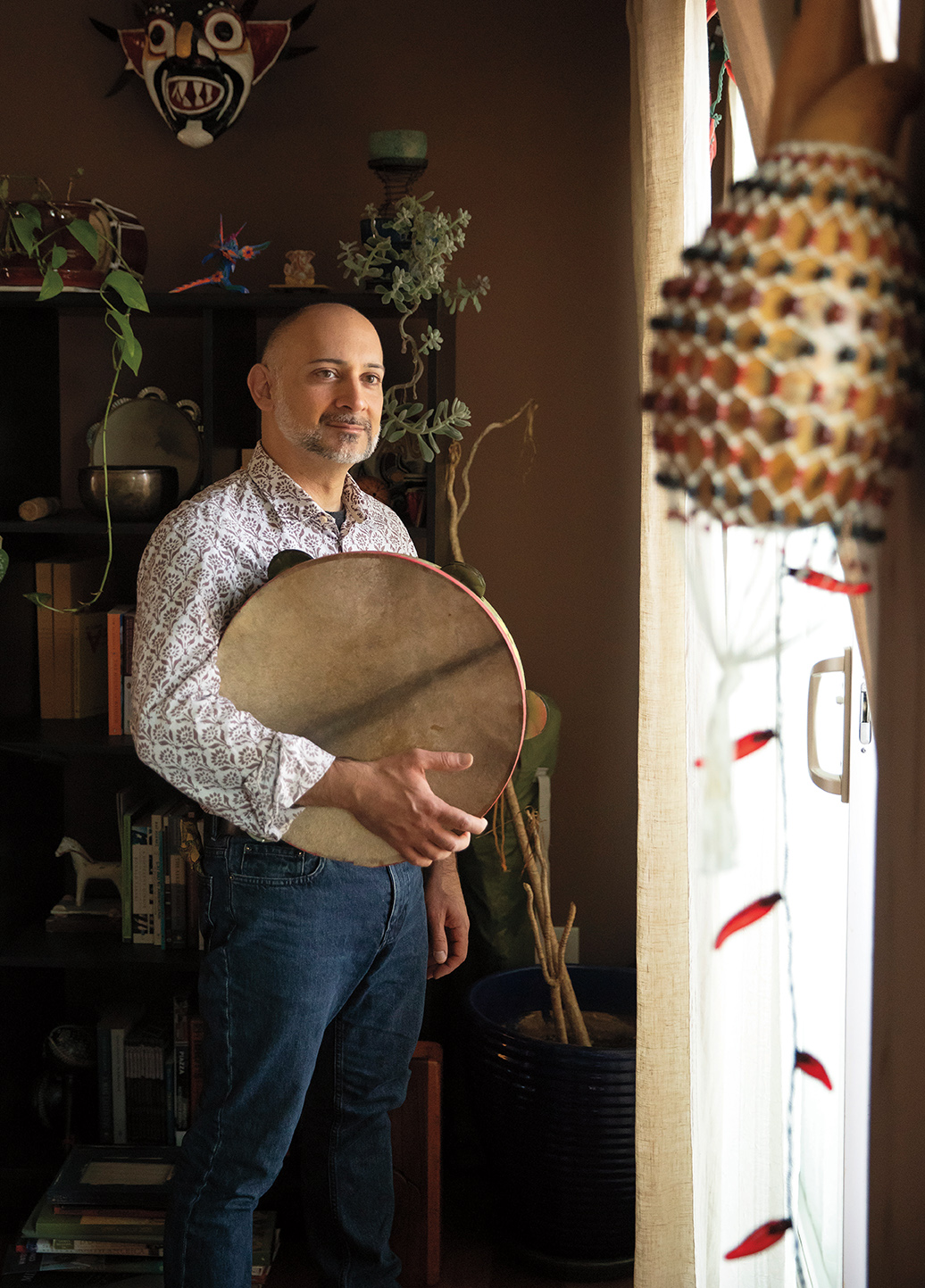Robert McPherson ’91 has been singing since he was a very young boy. “I was a preacher’s kid. I grew up singing gospel,” he says.
Decades have passed since he performed his first solo, but McPherson’s passion for music is as strong as it ever was. Instead of singing traditional gospel tunes, he’s an accomplished operatic tenor. And even though the coronavirus has shuttered performance venues across the country, McPherson is still singing for his public, online.
Despite his early talent, McPherson didn’t harbor dreams of becoming a professional musician. That changed when he got to college. His teachers at University of Puget Sound immediately noticed his voice, and they encouraged him to study opera. (He lists Tom Goleeke, Bill Eddy, and William Mouat as among the faculty members who influenced him the most.) More than 25 years later, McPherson makes a good living singing with opera companies around the country.

That is, he used to make a good living. The coronavirus pandemic forced almost every arts organization in the country to postpone performances, or to shut down altogether.
McPherson lost every job he’s lined up. “It’s basically knee-capped the economy,” he says.
McPherson worries about money; he says he has no clue what he’ll do to make a living. But he’s still singing—with a twist. Instead of tackling the serious operatic lead roles, you’ll find him online in the persona of his comedic alter ego, the Drunken Tenor.
McPherson got the idea five years ago, when he was called on to sing in a casual show in a bar. “The original idea is that he [the Drunken Tenor] is afraid of the high notes,” McPherson explains. “The first time he comes to a high note, he pulls out a flask and takes a sip.” By the third high note, McPherson’s Drunken Tenor was chugging down cocktails, and still singing his aria. The audience loved it. Since then, McPherson has taken his act everywhere—from Seattle Opera donor events to the Seattle Fringe Festival, where he won a Best of the Fest award.
The public gathering restrictions have pushed McPherson to rethink his Drunken Tenor bits. He does regular social media shoutouts for ideas, choosing the ones that he can marry to different music.
Taking his art online has challenges beyond finding good ideas; McPherson is learning how to perform for a camera instead of a live audience. “I feed off the audience,” McPherson says. “I’ve been studying late-night comedians to see how they’re adapting.” They’re exactly the kinds of role models he needs to indulge his inclination for farce, even slapstick. For example, when he tackles the famous aria “Nessun Dorma” from the opera Turandot, McPherson’s singing in his backyard, dressed in a dinosaur costume. Most often, though, he’s in the kitchen, dressed in a tuxedo-themed T-shirt.
Sometimes McPherson questions the value of churning out opera antics in the midst of the ongoing crisis. But recently he received a message from an old high school friend who works in health care. She’d seen his backyard “Nessun Dorma” video.
“After a day of calming people’s fears, working with patients, and trying to save my own sanity,” she wrote to him, “I watched an old friend from high school singing in a dinosaur suit.” It was the first time she’d smiled that day, the friend wrote.
That message bolstered McPherson’s conviction that his Drunken Tenor videos could fill a void; they could provide a few minutes of comfort in uncertain, anxious times. He continues to post them on various social media channels, with the hashtag #TheDrunkenTenor.
McPherson looks forward to a time when he can get back to grand opera. He dreams of singing the lead role of Cavaradossi, from the opera Tosca, for instance. But he has no plans to retire his alter ego when the pandemic eases. “I’d love to perform as the Drunken Tenor with a full orchestra,” he says.
That dream will have to wait until the time when artists and audiences can gather in public places again.
